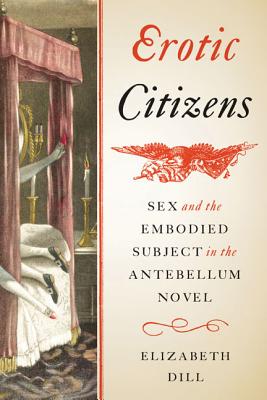Expedite your nonfiction book discovery process with Readara interviews, summaries and recommendations, Broaden your knowledge and gain insights from leading experts and scholars
In-depth, hour-long interviews with notable nonfiction authors, Gain new perspectives and ideas from the writer’s expertise and research, Valuable resource for readers and researchers
Optimize your book discovery process, Four-to eight-page summaries prepared by subject matter experts, Quickly review the book’s central messages and range of content
Books are handpicked covering a wide range of important categories and topics, Selected authors are subject experts, field professionals, or distinguished academics
Our editorial team includes books offering insights, unique views and researched-narratives in categories, Trade shows and book fairs, Book signings and in person author talks,Webinars and online events
Connect with editors and designers,Discover PR & marketing services providers, Source printers and related service providers

Erotic Citizens: Sex and the Embodied Subject in the Antebellum Novel
Literary Criticism > American - General
- University of Virginia Press
- Paperback
- 9780813943398
- 9.02 X 5.98 X 0.67 inches
- 0.97 pounds
- Literary Criticism > American - General
- (Single Author) Asian American
- English
Readara.com
Book Description
What is the role of sex in the age of democratic beginnings? Despite the sober republican ideals of the Enlightenment, the literature of America's early years speaks of unruly, carnal longings. Elizabeth Dill argues that the era's proliferation of texts about extramarital erotic intimacy manifests not an anxiety about the dangers of unfettered feeling but an endorsement of it. Uncovering the more prurient aspects of nation-building, Erotic Citizens establishes the narrative of sexual ruin as a genre whose sustained rejection of marriage acted as a critique of that which traditionally defines a democracy: the social contract and the sovereign individual.
Through an examination of philosophical tracts, political cartoons, frontispiece illustrations, portraiture, and the novel from the antebellum period, this study reconsiders how the terms of embodiment and selfhood function to define national belonging. From an enslaved woman's story of survival in North Carolina to a philosophical treatise penned by an English earl, the readings employ the trope of sexual ruin to tell their tales. Such narratives advanced the political possibilities of the sympathetic body, looking beyond the marriage contract as the model for democratic citizenship. Against the cult of the individual that once seemed to define the era, Erotic Citizens argues that the most radical aspect of the Revolution was not the invention of a self-governing body but the recognition of a self whose body is ungovernable.
Author Bio
Dr. Elizabeth Dill joined Kingsborough Community College’s Department of English in the fall of 2003. Before that, she taught writing and literature courses at Alfred University and at Truckee Meadows Community College. Her areas of interest include early American literature, sensational literature, gay and lesbian literature, and writing pedagogy.
Source: The City University of New York Kingsborough
Videos
No Videos
Community reviews
No Community reviews

